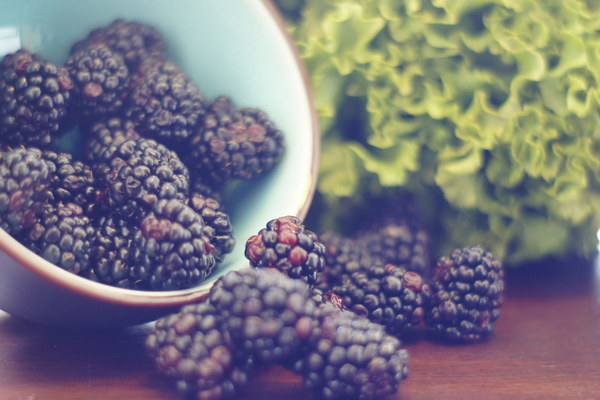The Art of Anti-Aging How Traditional Chinese Herbs Harness Nature's Power to Rejuvenate
The Art of Anti-Aging: How Traditional Chinese Herbs Harness Nature's Power to Rejuvenate
In the quest for eternal youth, the beauty industry has bombarded us with countless products promising to turn back the clock. However, amidst the sea of chemical-laden creams and serums, traditional Chinese herbs offer a natural and holistic approach to anti-aging. For centuries, the wisdom of Chinese medicine has been harnessed to promote vitality and longevity, and now, modern science is finally catching up to the efficacy of these ancient remedies.
The concept of anti-aging in Chinese medicine is rooted in the balance of Yin and Yang, the two complementary forces that govern the body's internal harmony. Aging, according to this philosophy, is the result of an imbalance between these forces, leading to a depletion of vital energy, or Qi. To combat this, Chinese herbs are used to restore balance and enhance the body's natural defenses against aging.
Here are some of the most effective traditional Chinese herbs that are commonly used to combat the signs of aging:

1. Ginseng (Panax ginseng): Known as the King of Herbs, ginseng has been used for centuries to boost energy and vitality. It is believed to stimulate the body's immune system, improve cognitive function, and reduce stress, all of which contribute to a youthful appearance.
2. Goji Berries (Lycium barbarum): These vibrant red berries are packed with antioxidants that protect the skin from free radical damage. Goji berries also help to nourish the kidneys and liver, which are crucial organs for maintaining youthful vitality.
3. Green Tea (Camellia sinensis): Rich in polyphenols, green tea has been shown to have potent anti-aging properties. It helps to reduce inflammation, improve skin elasticity, and combat the signs of aging by protecting against UV damage.
4. He Shou Wu (Polygonum multiflorum): This herb is often called the black hair root due to its ability to promote hair growth and improve hair color. It is also known for its ability to nourish the liver and kidneys, enhancing overall vitality and longevity.
5. Schisandra (Schisandra chinensis): Schisandra berries are a powerful adaptogen that helps the body cope with stress, which can accelerate the aging process. They are also rich in antioxidants and have been used to improve skin health and reduce the appearance of fine lines and wrinkles.
6. Astragalus (Astragalus membranaceus): This herb is known for its immune-boosting properties, but it also plays a role in anti-aging by supporting the body's natural repair mechanisms. It helps to protect against cellular damage and may improve skin elasticity.
The key to effectively using these herbs for anti-aging lies in understanding how they work together. Chinese medicine emphasizes the concept of synergy, where multiple herbs are combined to enhance their individual benefits and create a more comprehensive effect. For example, a blend of ginseng, goji berries, and green tea can be more effective than taking each herb alone.
When incorporating traditional Chinese herbs into an anti-aging regimen, it is important to consult with a qualified practitioner or healthcare provider. They can ensure that the herbs are used safely and appropriately, taking into account individual health conditions and any other medications being taken.
While there is no magic bullet for reversing the aging process, the natural and holistic approach of traditional Chinese herbs offers a promising alternative for those seeking to maintain their youthful appearance. By balancing the body's internal systems and providing essential nutrients and antioxidants, these ancient remedies may just hold the key to a more youthful and vibrant life.









